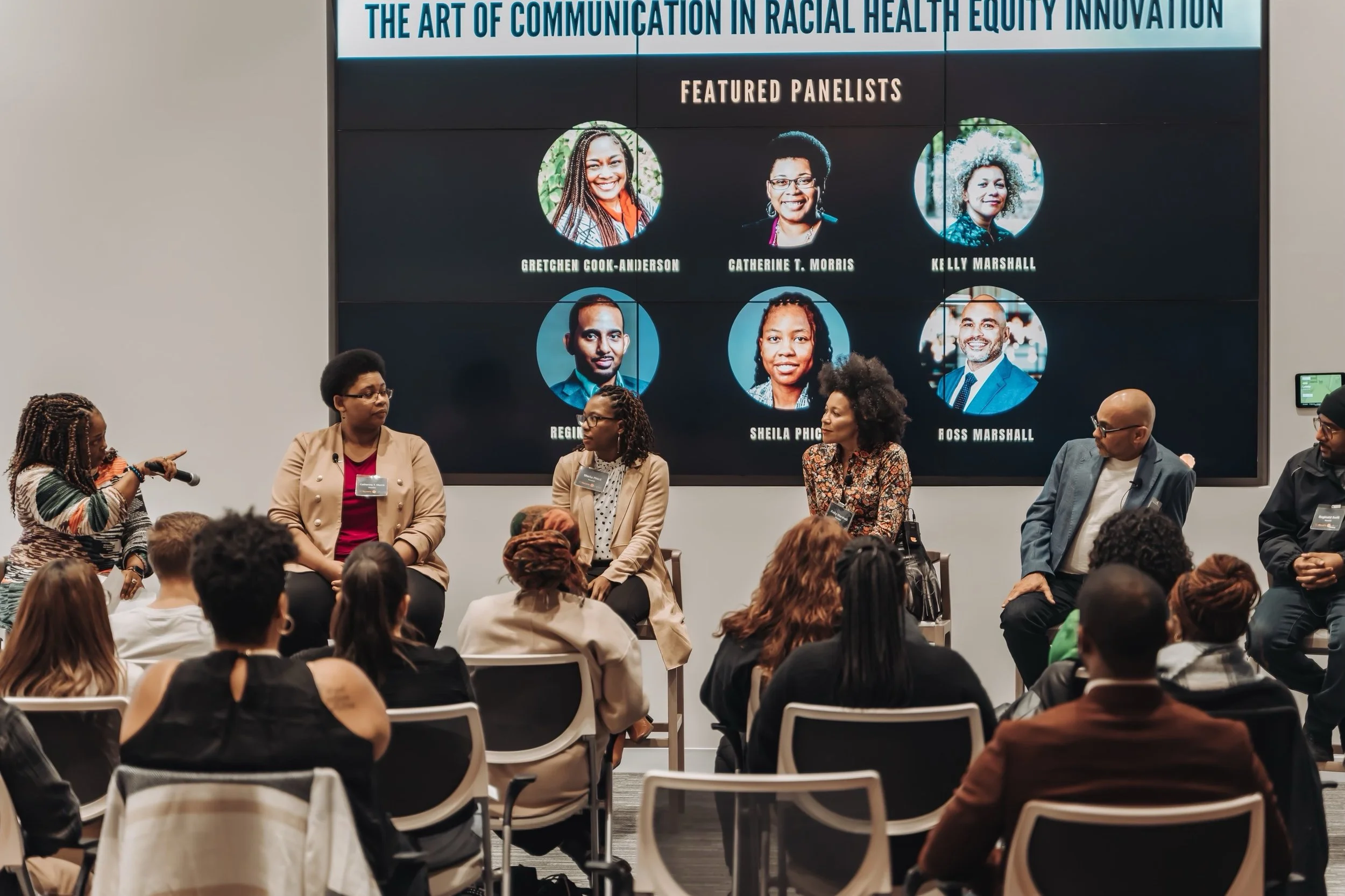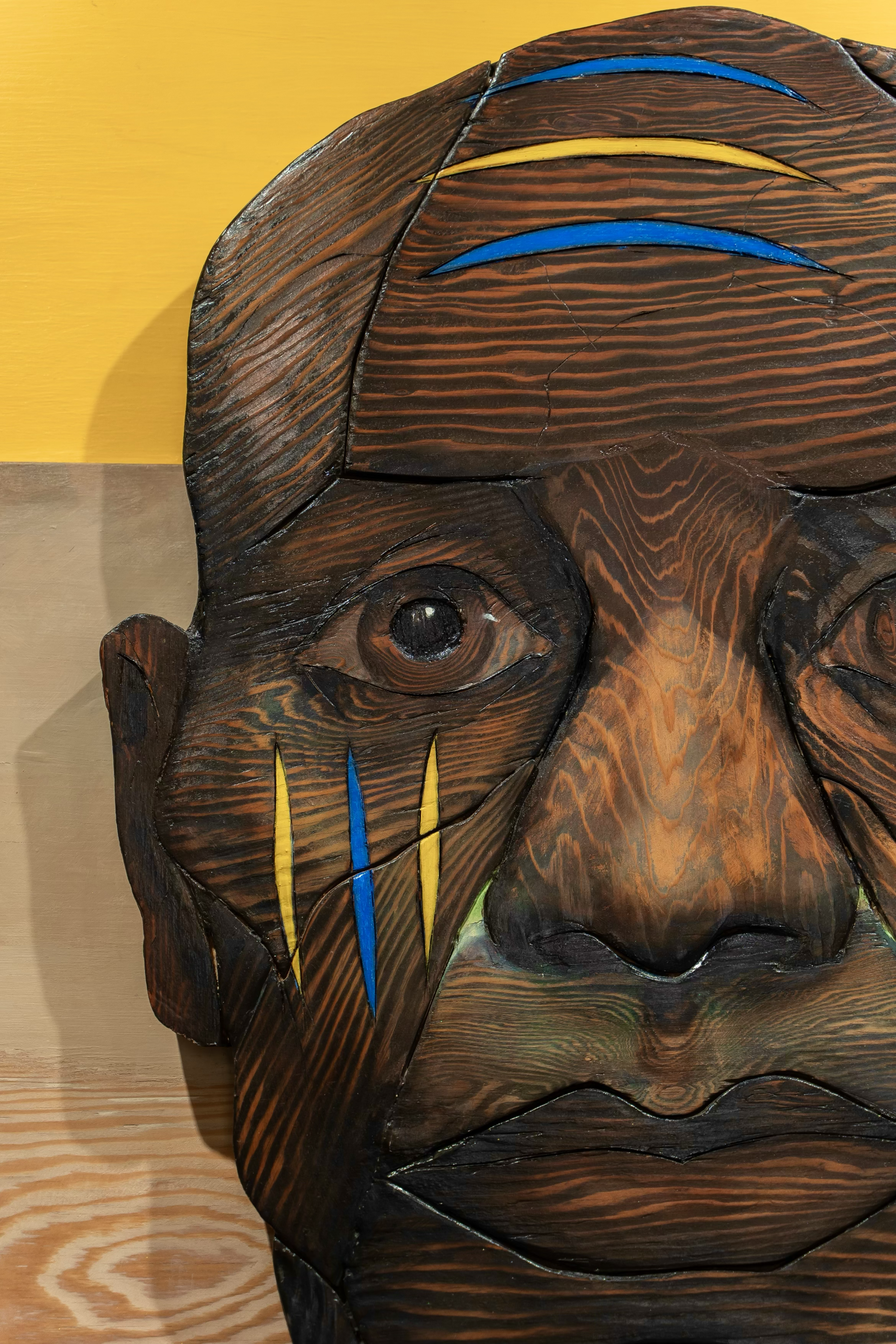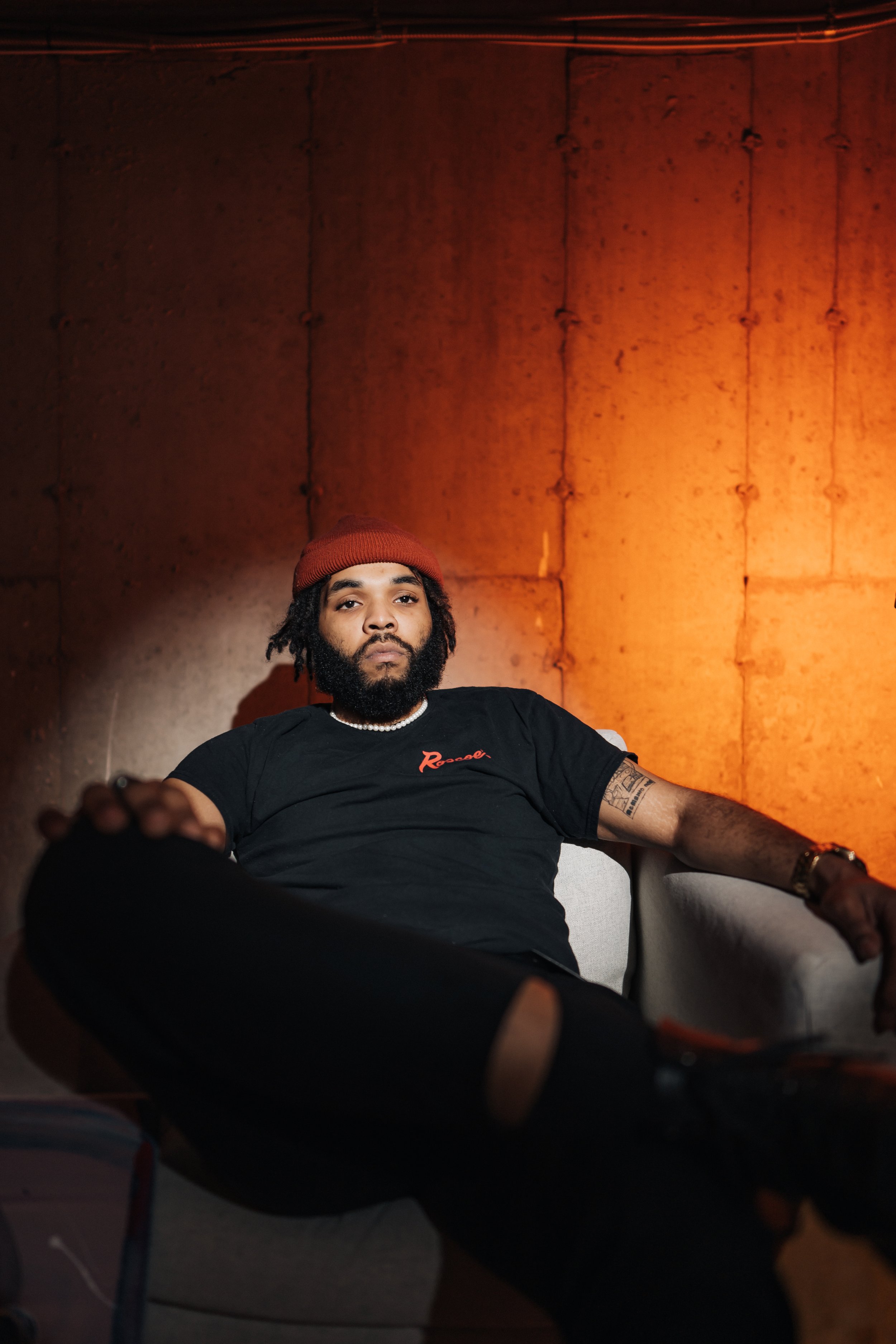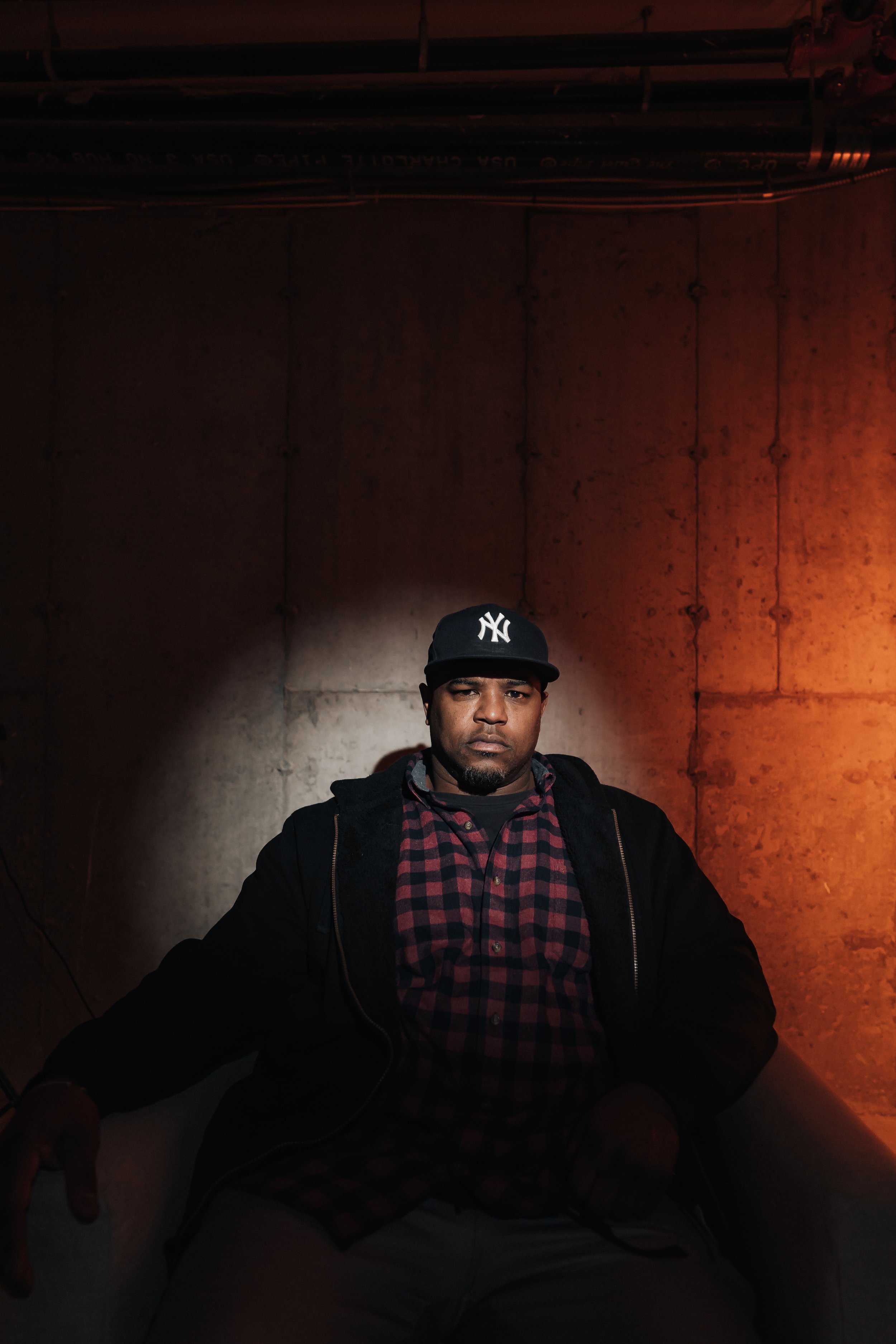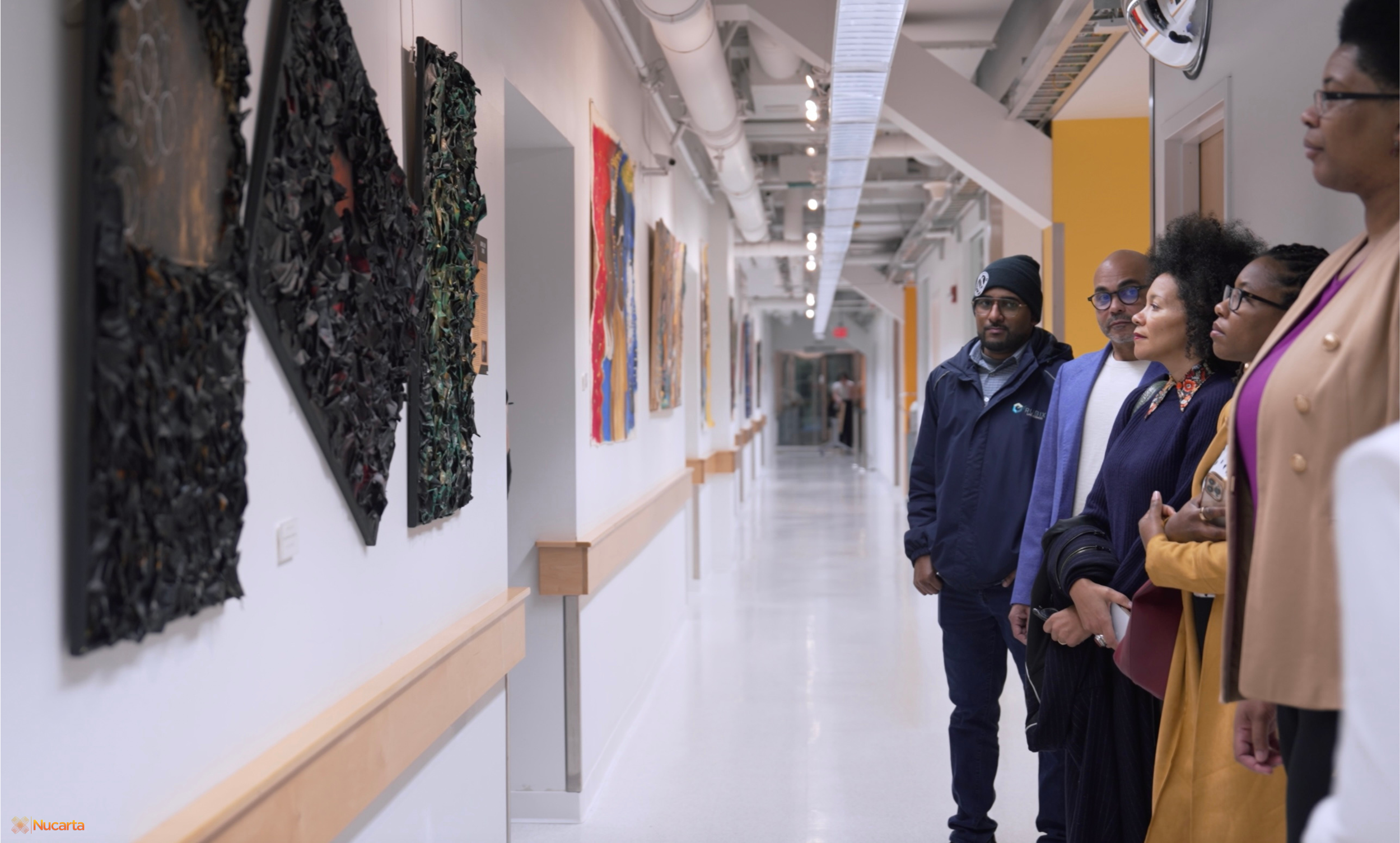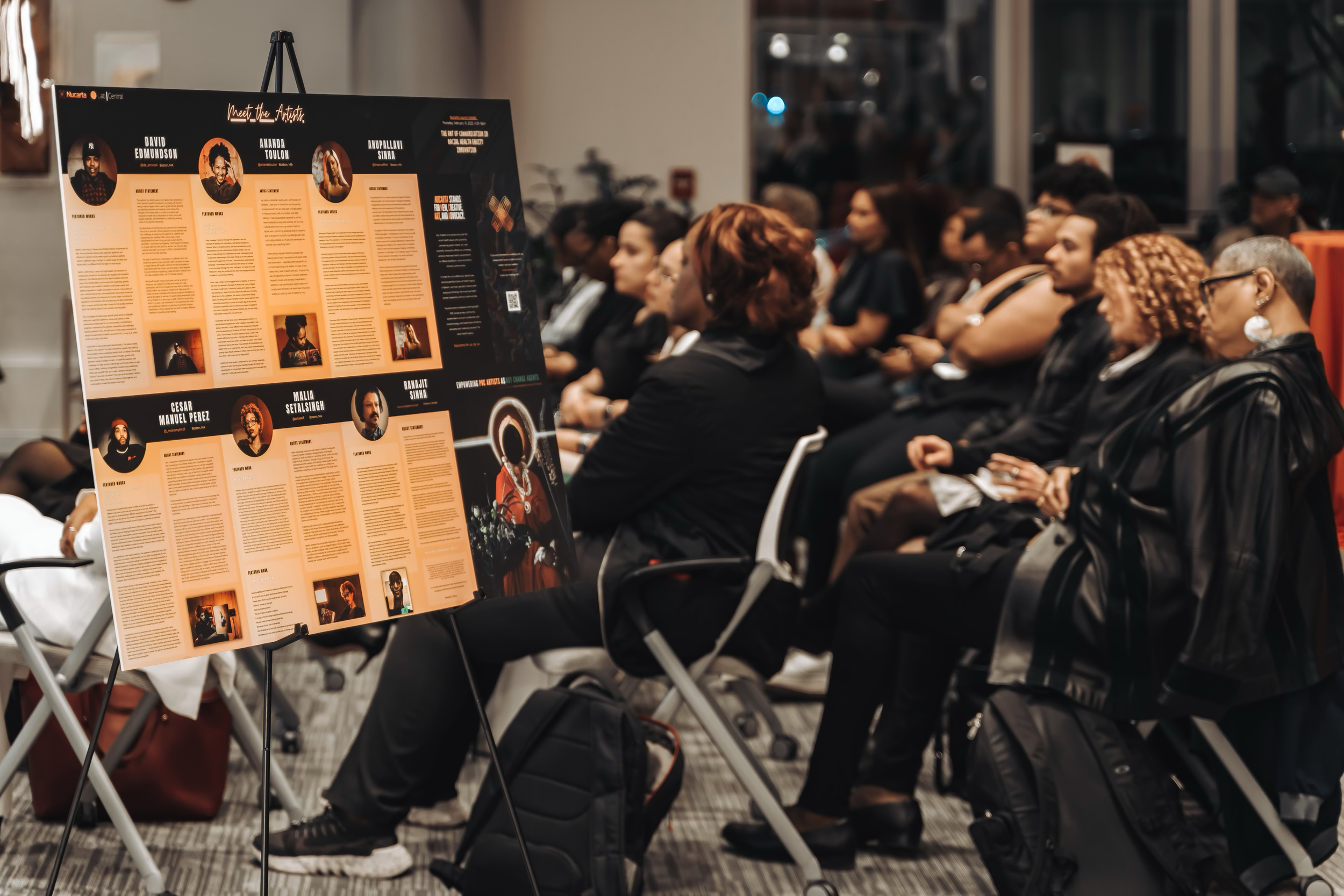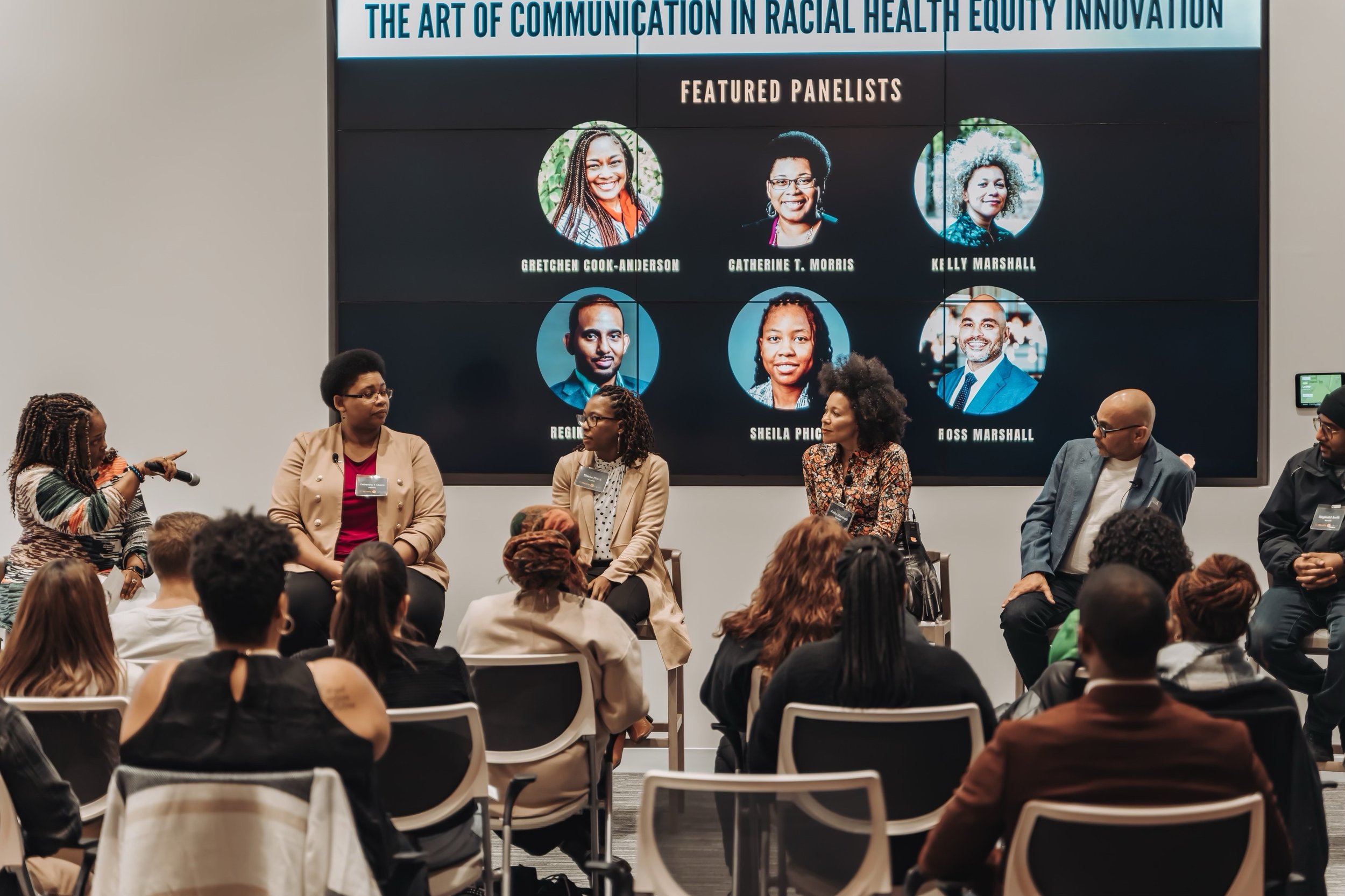The Art of Communication in Racial Health Equity Innovation
2.16.23 - 4.25.23
Gallery 1832, LabCentral
700 Main St. Cambridge, MA, 02139
Featured Artists: David Edmundson, Malia Setalsingh, Ananda Toulon, Cesar Manuel Perez, Ranajit Sinha
Curator: Anupallavi Sinha
What comes to mind when you read the words racial health equity and justice? Does this phrase conjure images of doctors and nurses providing treatment to patients of color, or people marching for civil rights? Perhaps you think of issues surrounding systemic racism, economic suppression, or residential segregation.
Health equity is defined as the state in which everyone has a fair and just opportunity to attain their highest level of health. There is ample research evidence to demonstrate that this has simply not been the case for Black and Brown, racial and ethnic minority communities in the USA.
This is no new phenomenon; racial health inequities have been documented for decades, and are rooted in a longstanding history of exploitation and unjust practices that have put people of color at the bottom of every social determinant of health.
This exhibit challenges the audience –composed of creatives, scientists, healthcare providers, innovators, and general observers– to reevaluate their roles and responsibilities in combating the structural and systemic racism that is so deeply embedded in our life sciences ecosystem. What does innovation mean in its truest essence? It is the creation of something new. So, how do we plan on creating without creatives? We can’t. We cannot expect change by implementing the same solutions. It is time for a new approach. It is time for real health equity innovation.
Featured Panel
Panelists: Gretchen Cook-Anderson, Ross Marshall, Catherine T. Morris, Sheila Phicil, Reginald Swift, Kelly Marshall
Our opening reception included a cross-industry panel discussion that covered topics such as racial health equity barriers and facilitators in the city, the profound impact of art and storytelling, and how we can work collectively to translate discussions into real, improved health outcomes for our underserved communities. This was a unique opportunity for organizations to bring public awareness to the health equity and DEI work that is currently underway, and for community members to learn about health justice and ask questions. Our conversation focused on the importance of communication in racial health equity work -communication across industries, and communication with our communities.
